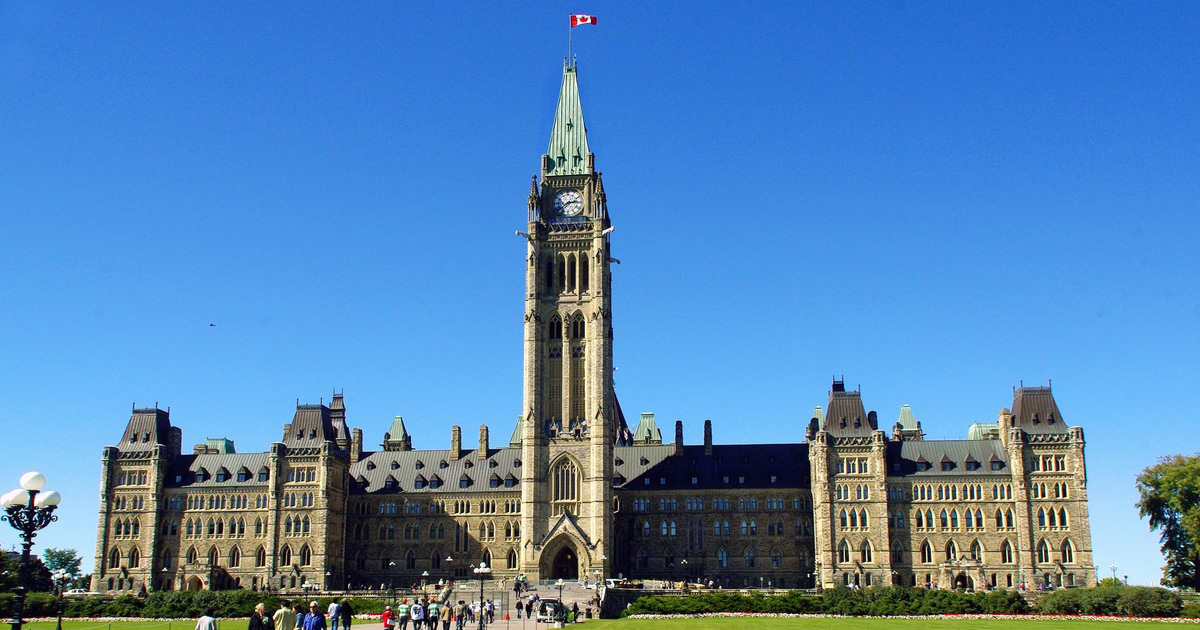Update on Bill C-250
Select a Region
Canada News
-
Bill C-9 Creates Uncertainty

Canada's Parliament Building
Photo: RawPixelVOMC's primary mission is to respond to the needs of Christians in countries where persecution is prevalent. However, we also remain alert to potential threats to our religious freedoms here in Canada – including those that hinder the proclamation of the Gospel. One of the more recent concerns relates to proposed amendments to Bill C-9, which is currently under review by members of the Canadian Parliament.
-
Decision for Trinity Western University

Photo: Google The Supreme Court of Canada has announced that they will be releasing their decision regarding Trinity Western University's School of Law on Friday, June 15th. The ruling could have wide-ranging implications on the protection of religious freedoms in Canada.
-
Dramatic Stage Play Awakens Canadian Audiences

Photo: ARW/VOM Canada The first few weeks of the Solitary Refinement touring stage play has already had audiences in various parts of the nation captivated. On numerous occasions, those who have been blessed to witness this life-transforming production have responded with standing ovations -- to the glory of God!
-
BRITISH COLUMBIA: Christian Law Graduates Banned from Practising Law

Photo: Flickr / steakpinball "It should be front page news across Canada," states Sun Media's Ezra Levant in an email news alert. Due to the results of a referendum among the province's lawyers, the British Columbia Law Society voted recently to reverse an earlier decision to accredit Trinity Western University (TWU) law school graduates. As a result, graduates of TWU's law school will not be able to practise law in British Columbia (BC).
The legal profession rejected accreditation for TWU's graduates based on a personal pledge of conduct the university's students are required to sign. The pledge, which includes a promise to abstain from sex outside of traditional marriage, raises a same-sex equality rights issue for the BC Law Society, but pits it against religious freedom in Canada.

